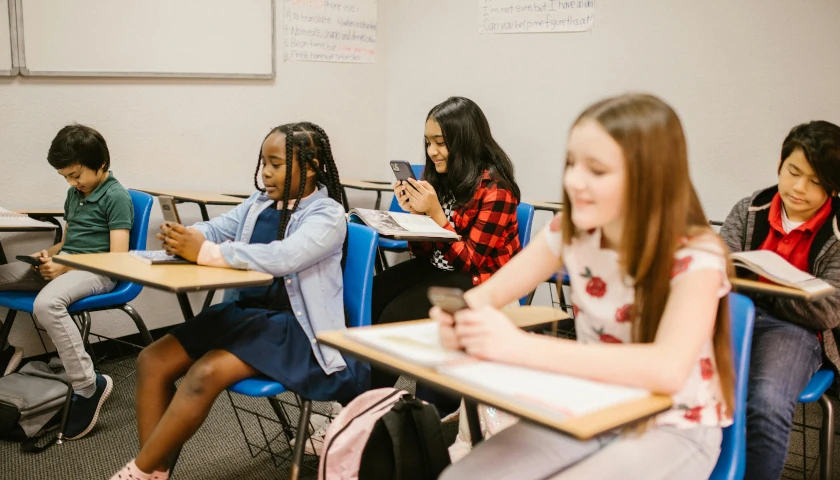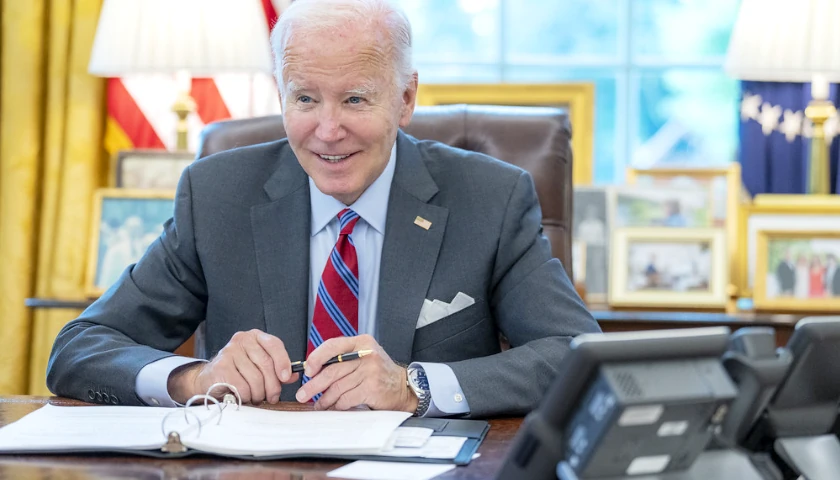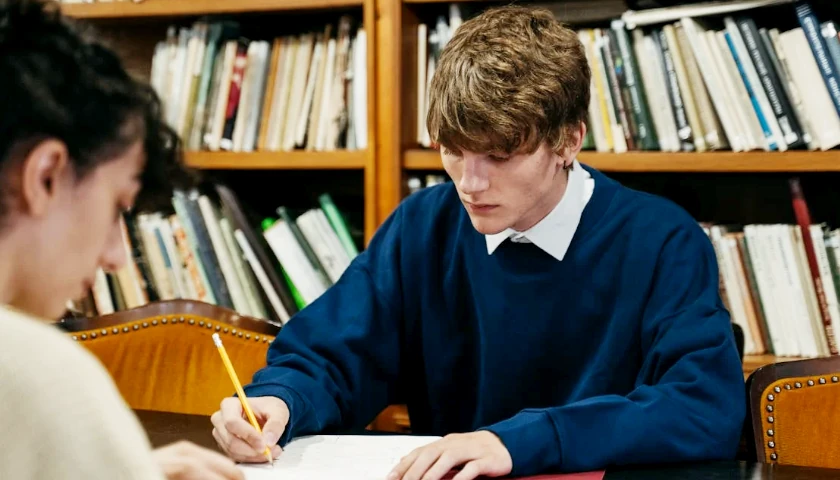by Nicole Neily
Amid the many battles over how to improve American schools, it’s often forgotten that what’s taught in the classroom is but one component of ensuring that students receive a high-quality education; it’s also important to remove barriers to children’s learning.
And the idea to remove one major impediment – cell phones in K-12 schools – has gained significant traction over the past year, most recently in the Commonwealth of Virginia.
In July, Gov. Glenn Youngkin released an executive order addressing cell phones in K-12 classrooms – directing state officials to work with stakeholders such as parents, students, teachers, and community leaders who are concerned about the impact that mobile devices are having on the classroom environment.
It’s not rocket science: cell phones and social media distract impressionable young students from learning the material necessary for bright futures. Virginians must take this opportunity to stand up for healthy classrooms in their communities.
As a Virginia resident and a parent to two elementary-aged children, it’s easy to see how technology in and outside the classroom is harming student’s ability to learn. Countless studies have documented how social media platforms such as TikTok have twisted the minds of young people – including but not limited to eating disorders, criminal acts, support for Osama Bin Laden (seriously), and more.
Parents everywhere are worried about the influence of distracting devices in the classroom – and rightly so. A recent survey found that a large majority (88 percent) of parents think young people are overly dependent on technology, while two-thirds fully support smartphone bans in schools. More than 50 percent of parents also view social media usage as particularly dangerous to student performance and mental well-being. For that very reason, two out of every three parents think it’s a good idea for students to leave cell phones in lockers during the school day.
Even students themselves see the downsides of a culture that collectively spends too many hours with faces buried in the screens of handheld devices. Many are concerned that they are unable to resist the addictive urge to scroll and swipe through content on their phones. Surprisingly, classroom phone restrictions would be welcomed by the younger generation, 60 percent of whom wish that they could spend fewer hours a day on their phones and who currently spend an average of 4.8 hoursa day on social media alone.
Studies back up what many parents and youth know to be true: students who use their phones in class retain less knowledge, get lower grades and gradually lose their ability to focus on the material at hand. It’s no coincidence that since five years after the first iPhone debuted in 2007, the National Assessment for Educational Progress (NAEP) scores have seen a steady decline. In 2022, Virginia saw its NAEP scores among 4th-grade students drop below the national average in reading for the first time in 30 years. Math scores, meanwhile, sat a hair above the national average that year, no doubt due in part to skyrocketing phone overuse by students.
Across the globe, dozens of education systems have already enacted reasonable restrictions on phone use in public schools in order to refocus schools on learning; in fact, nearly one out of every four countries has policies in place to ban or reduce student cell phone use in schools. Just this year, the Los Angeles school board voted to ban cell phones in its classrooms to reduce learning loss and distractions – while New York City Public Schools is exploring measures to foster a holistic learning environment free from phone addiction.
Through listening sessions and an online comment portal that opens on August 16, Virginia parents and community members are invited to voice their opinions about when, where, and how phone usage should be permitted in schools – if at all. Public feedback will help determine whether phones are banned all day, for certain age groups or in certain classes.
Parents understand that knowledge is power. Now is the time to ensure that Virginia schoolchildren replace unhealthy technology addictions with renewed curiosity and zeal for lifelong learning.
– – –
Nicole Neily is an author for Real Clear Wire.
Photo “Students on Cell Phones” by RDNE Stock Project.



